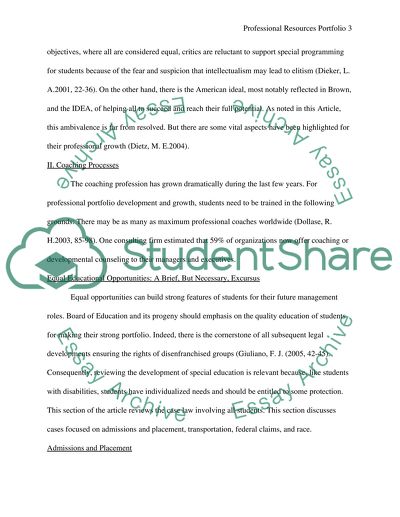Cite this document
(Career Development Term Paper Example | Topics and Well Written Essays - 2134 words, n.d.)
Career Development Term Paper Example | Topics and Well Written Essays - 2134 words. Retrieved from https://studentshare.org/professional/1518909-professional-resource-portfolio
Career Development Term Paper Example | Topics and Well Written Essays - 2134 words. Retrieved from https://studentshare.org/professional/1518909-professional-resource-portfolio
(Career Development Term Paper Example | Topics and Well Written Essays - 2134 Words)
Career Development Term Paper Example | Topics and Well Written Essays - 2134 Words. https://studentshare.org/professional/1518909-professional-resource-portfolio.
Career Development Term Paper Example | Topics and Well Written Essays - 2134 Words. https://studentshare.org/professional/1518909-professional-resource-portfolio.
“Career Development Term Paper Example | Topics and Well Written Essays - 2134 Words”, n.d. https://studentshare.org/professional/1518909-professional-resource-portfolio.


